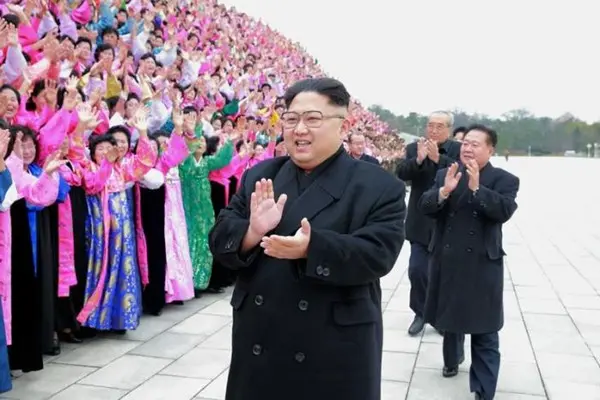The Pakistani government officially launched the Long-Term Plan (LTP) for the China-Pakistan Economic Corridor (CPEC) on December 18, 2017. The plan covered key areas of cooperation including textiles, chemicals, medicine, steel, home appliances, engineering equipment, construction materials, manufacturing, agriculture, gardening, ICT, finance and logistics. It is likely that industrial cooperation and building of industrial parks would face some resistance because of political reasons.
Conflict between federal and local authorities, clashes of interests between different provinces and partisan infighting have affected construction of the CPEC. Some political parties and local interest groups will capitalize on the CPEC, the LTP and bilateral industrial cooperation to achieve their political goals.
Some elites and people in Pakistan consider China's investment in the country a way of exporting its outdated production facilities and grabbing resources and gains from Pakistan, which would leave the country in deep debt.
This feeling toward China, as it gains wide popularity through media reports, will affect industrial cooperation and the setting up of industrial parks. It will serve the interests of individuals and groups with vested interests.
To advance industrial cooperation, especially construction of industrial parks, Pakistan needs to carry out deep reforms in several areas, amend laws and frame corresponding policies. This requires coordination across party lines and more governmental efficiency.
It is hard to amend the constitution and laws in Pakistan because of its political system. Constitutional amendment and law changes can only be achieved through political negotiations. However, the country is not fully prepared for this.
Pakistani experts and scholars think the only feasible way of amending laws and framing special policies is to undertake bottom-up reform.
But media outlets in Pakistan rarely mention legal reform in their reporting about the CPEC.
I have worked in the management commission of an economic development zone in East China's Shandong Province for a while and was responsible for drafting provisional business-friendly policies for foreign investors, of which land and taxation rules were given preference. Chinese provincial governments have offered convenience to overseas investors in accordance with Chinese laws and policies to develop a favorable climate for them. But I cast doubt on whether Pakistan can foster such an environment.
In addition, the Pakistani government needs to free its mind. It should recognize that industrial growth has its own laws. Industry in every country must move from the low end toward the high end of the value chain. The Third Industrial Revolution has prompted the development of industrial division from inter-industry specialization to intra-industry and intra-product specialization. A large number of manufacturing industries have relocated themselves from developed to developing nations, giving rise to the system of international division of labor and the creation of industrial, supply and value chains worldwide.
As firm promoters of globalization, millions of small- and medium-sized companies can benefit from the rapid growth of internet and information technology and hence engage themselves in global trade and investment like the transnational enterprises did.
However, every country should frame industrial policies in line with its level of development and comparative advantage and avoid haste to get quick results.
Agricultural industrial parks should be given high priority in the construction of the CPEC. Apart from cooperation in processing and manufacturing sectors, agricultural cooperation constitutes an important part of industrial coordination and weighs more for Pakistan. As a pillar industry and a comparative advantage for Pakistan, agriculture can quickly deliver economic benefits and alleviate poverty.
This article is adapted from Global Times, and is not what APD stands for.
(GLOBAL TIMES)
 简体中文
简体中文

